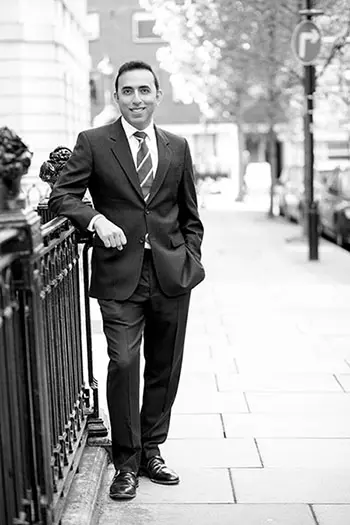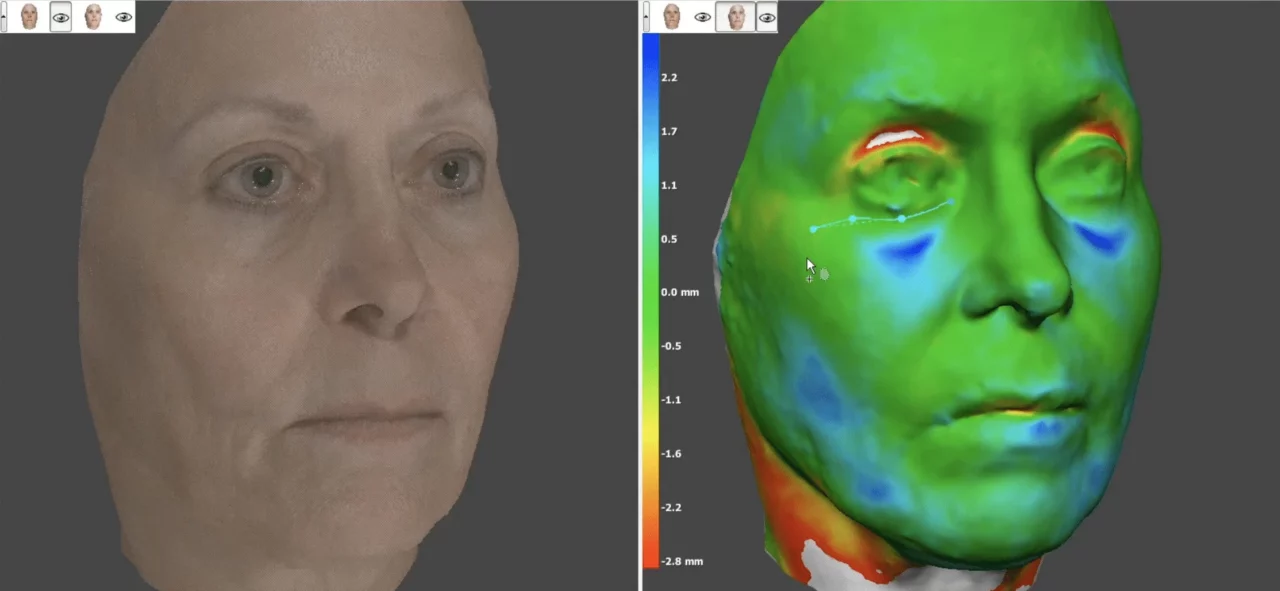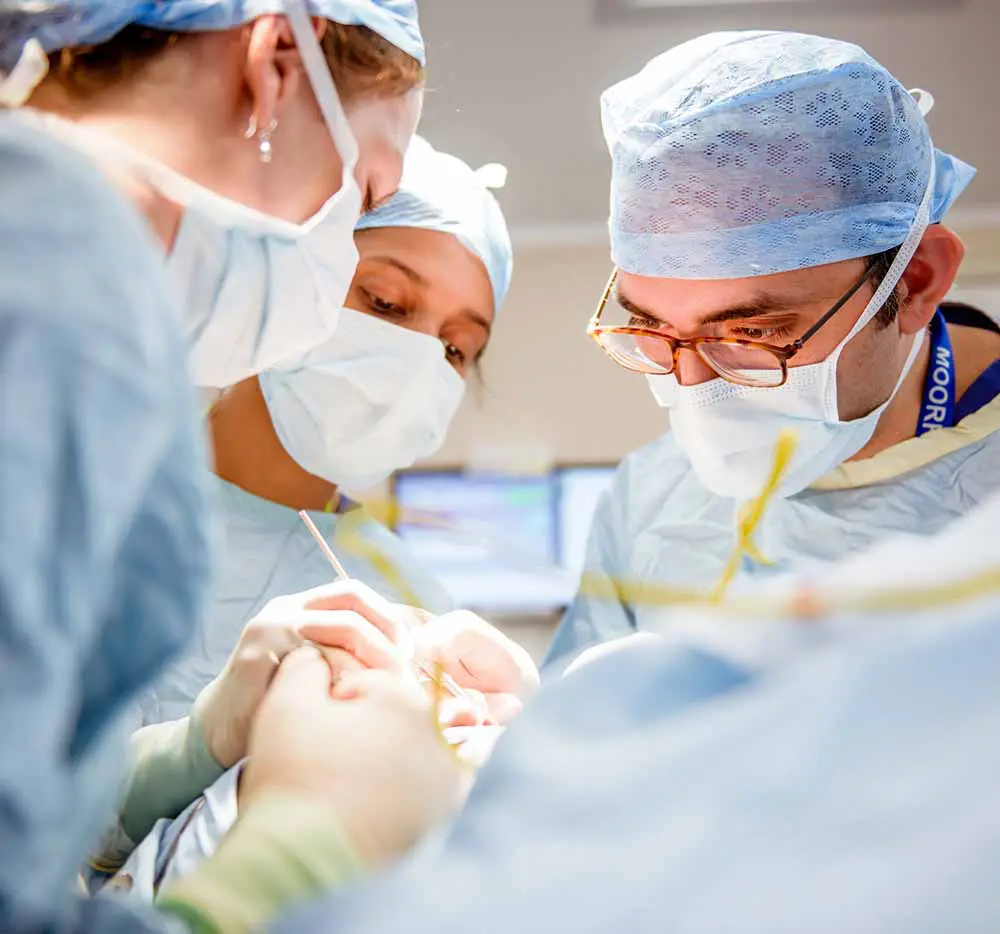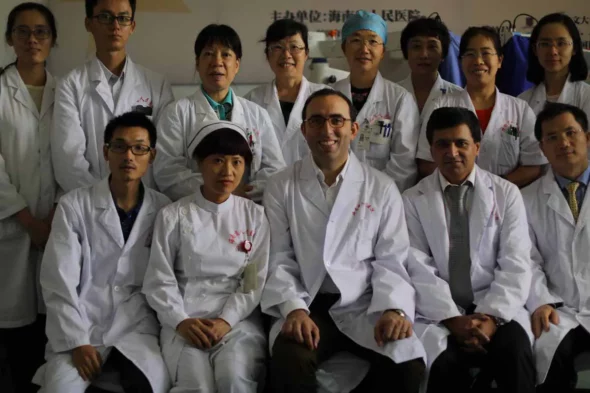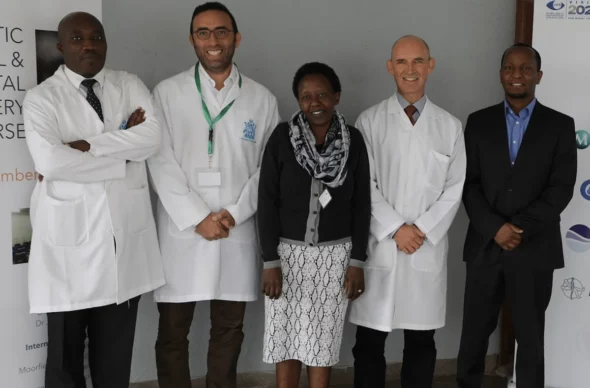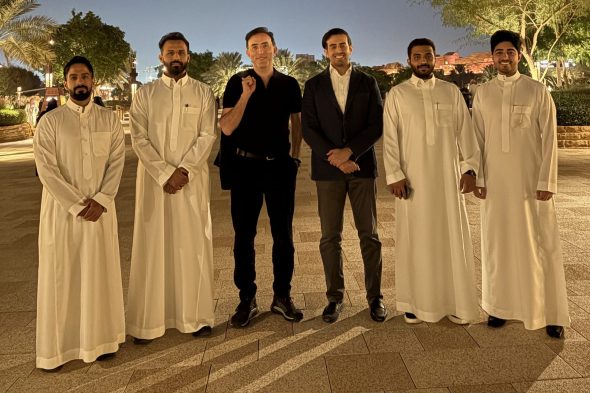He has held senior positions as a consultant at Moorfields Eye Hospital, including Head of Department, Research Lead and Training Director. He is known for his expertise in primary and revision blepharoplasty surgery and for the management of filler-related complications. His ability to combine surgical techniques with an artistic eye for detail has earned him a reputation for delivering exceptional results as one of the best blepharoplasty surgeons in the UK
His clinical interests also include reconstructing craniofacial deformities arising from trauma or cancer related treatments. He is also an expert at managing facial movement disorders, and treating lacrimal disease. Years of specialised training and experience enable him to provide cutting-edge, refined care for patients seeking both functional and aesthetic improvements.
Daniel’s connection with the renowned Moorfields Eye Hospital and his practice at internationally renowned Ezra Clinic give patients the confidence that they are receiving the highest standard of care. He takes time to understand each patient’s unique needs, crafting bespoke treatment plans that restore confidence and inner vitality.
